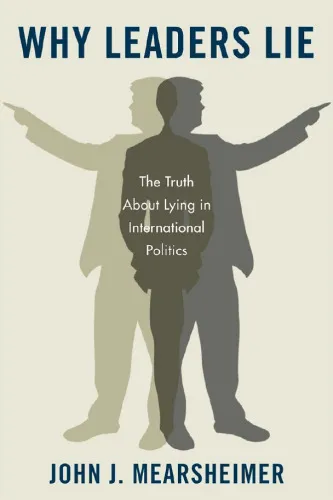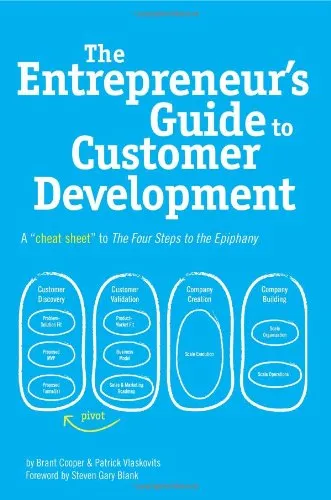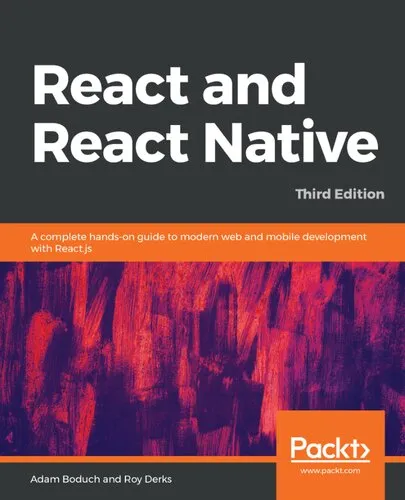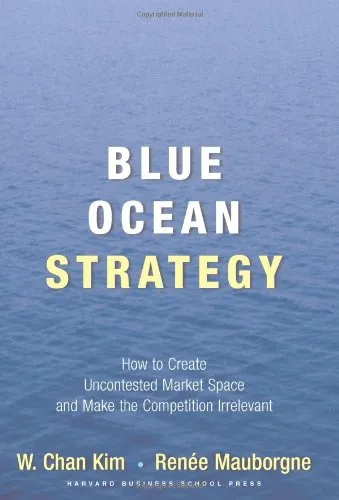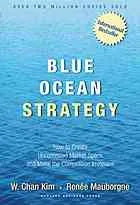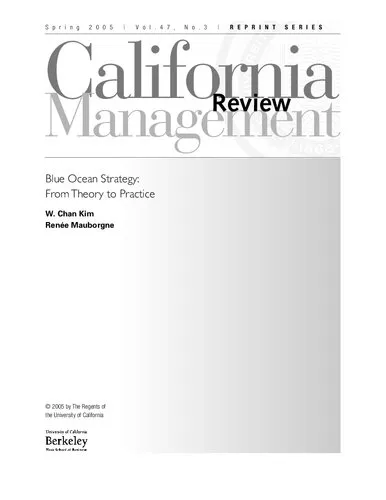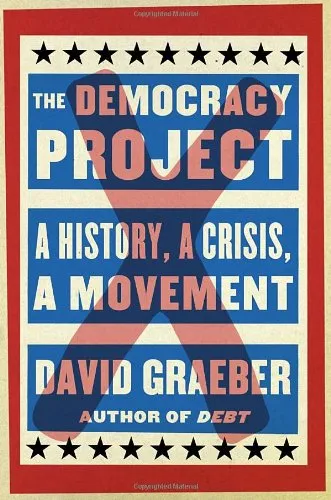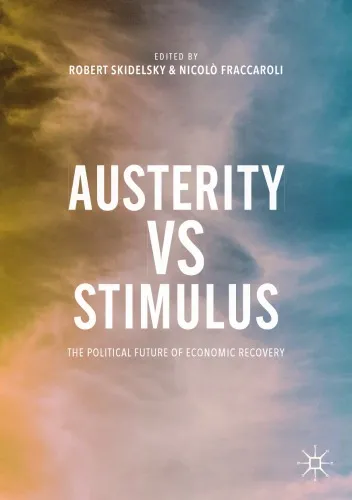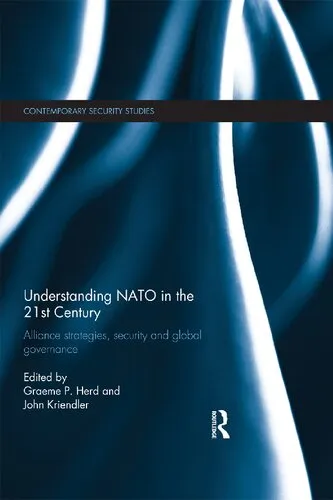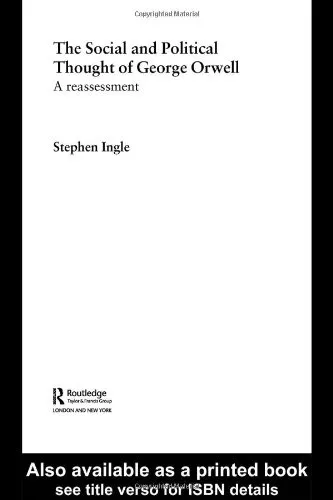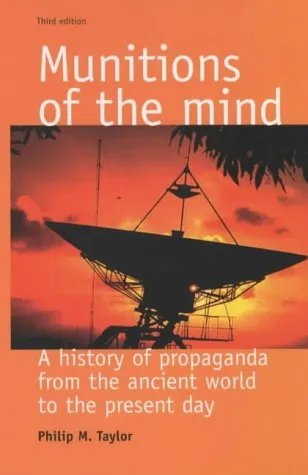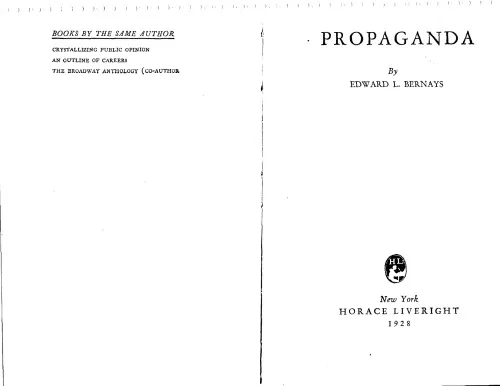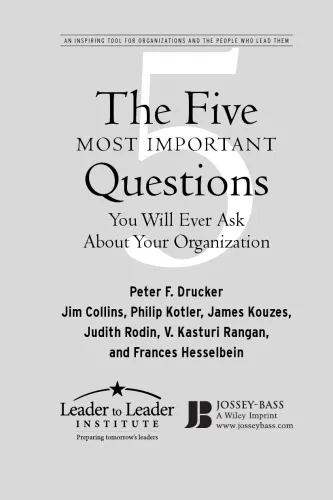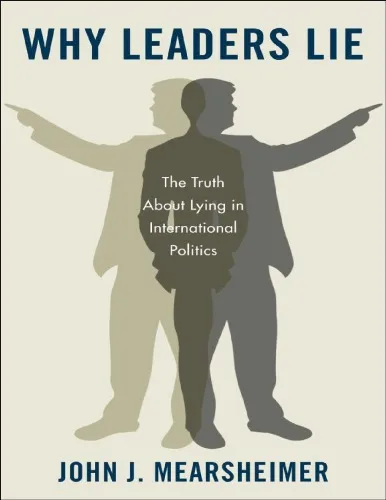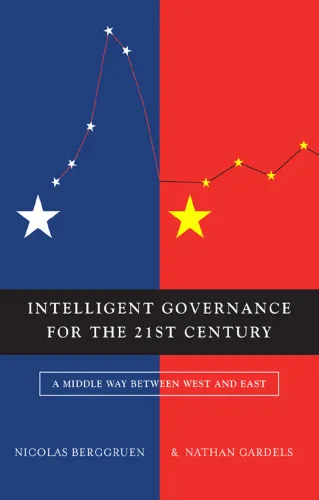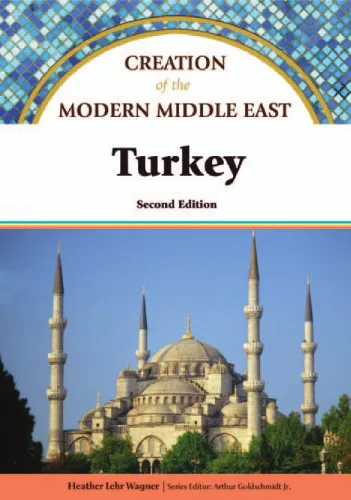Why Leaders Lie: The Truth about Lying in International Politics
4.3
بر اساس نظر کاربران

شما میتونید سوالاتتون در باره کتاب رو از هوش مصنوعیش بعد از ورود بپرسید
هر دانلود یا پرسش از هوش مصنوعی 2 امتیاز لازم دارد، برای بدست آوردن امتیاز رایگان، به صفحه ی راهنمای امتیازات سر بزنید و یک سری کار ارزشمند انجام بدینکتاب های مرتبط:
معرفی کتاب "Why Leaders Lie: The Truth about Lying in International Politics"
کتاب Why Leaders Lie: The Truth about Lying in International Politics اثر جان جی. مرشایمر
خلاصهای از کتاب
کتاب با این سؤال اساسی آغاز میشود: چرا رهبران سیاسی دروغ میگویند؟ جان جی. مرشایمر توضیح میدهد که دروغ، به رغم تاثیرات منفی اخلاقی، ابزار قدرتمندی در سیاست بینالملل است. بیشتر رهبران از دروغ در روابط خارجی استفاده میکنند تا به اهداف ملی خود دست یابند. او در این اثر سه نوع دروغ سیاسی را معرفی میکند: دروغ بین دولتی، دروغ داخلی و دروغ استراتژیک.
یکی از استدلالهای جذاب کتاب این است که دروغ در سیاست داخلی معمولاً خطرناکتر از دروغ در سیاست خارجی است. مرشایمر با ارائه تحقیقاتی نشان میدهد که دروغ گفتن در عرصه روابط بینالملل اغلب برای حفظ امنیت ملی، کاهش خطرات جنگ و یا تقویت اعتبار ملی انجام میشود. او همچنین به این نکته اشاره میکند که بیشترین دروغها در روابط خارجی برای فریب متحدین به کار گرفته میشود و نه دشمنان.
از نمونههای تاریخی مورد بررسی در کتاب، میتوان به جنگ جهانی دوم، دوران جنگ سرد، و تنشهای میان ایالات متحده و عراق پیش از حمله سال ۲۰۰۳ اشاره کرد. نویسنده تلاش کرده است با استفاده از این مطالعات، جزئیات بیشتری را درباره روشها و دلایل رهبران برای دروغگویی ارائه دهد.
نکات کلیدی کتاب
- دروغ ابزار معمول در روابط بینالملل است، اما استفاده از آن همیشه مؤثر نیست.
- رهبران معمولاً به متحدین دروغ میگویند تا اعتماد از دسترفته را بازسازی کنند یا اهداف استراتژیک را دنبال کنند.
- دروغ در سیاست خارجی میتواند موجب کاهش هزینههای جنگ یا مانع بروز بحرانهای بینالمللی شود.
- دروغهای داخلی خطر بیشتری برای ساختارهای سیاسی کشور دارند، زیرا میتوانند موجب بیاعتمادی عمومی شوند.
- تفاوتهای فرهنگی و رسانهای نیز بر نحوهی دروغگویی رهبران تأثیرگذار است.
جملات مشهور از کتاب
"رابطه بینالمللی عرصهای است که در آن حقیقت با قدرت مسابقه میدهد، اما قدرت اغلب پیروز میشود."
"در سیاست بینالملل، رهبران به ندرت میتوانند بدون دروغ گفتن مسائل امنیت ملی را پیش ببرند."
چرا این کتاب مهم است؟
Why Leaders Lie به دلیل تحلیل دقیق و جذاب از رفتار رهبران در عرصه جهانی یکی از آثار برجسته در حوزه روابط بینالملل است. این کتاب مخاطبین را دعوت به تفکر درباره اخلاقیات و واقعگرایی سیاسی میکند و تناقضهای بنیادی در رفتار دولتها را آشکار میسازد. علاوه بر این، کتاب تصویر روشنتری از سازوکارهای تصمیمگیری دولتی و مخاطرات ناشی از دروغهای استراتژیک ارائه میدهد.
مطالعه این کتاب برای دانشجویان علوم سیاسی، رهبران سیاسی، و علاقهمندان به روابط بینالملل توصیه میشود. همچنین برای کارگزاران و تحلیلگران سیاسی که به دنبال درک بهتر از اینکه چگونه دروغ میتواند بر سیاست خارجی و داخلی تأثیر بگذارد، بسیار مفید خواهد بود.
Introduction to "Why Leaders Lie: The Truth about Lying in International Politics"
Written by renowned international relations scholar John J. Mearsheimer, "Why Leaders Lie: The Truth about Lying in International Politics" is a groundbreaking exploration of why leaders engage in deception on the global stage. This insightful book delves into the motivations, methods, and implications of political lies, providing readers with a nuanced understanding of a subject often shrouded in misunderstanding. Through meticulous research and incisive analysis, this work sheds light on how deception serves as a tactical tool in the complex and high-stakes realm of international politics.
While lying is often considered a moral failing, Mearsheimer encourages readers to consider it in the context of realpolitik, where national interest and survival frequently trump ethical considerations. By breaking down the types of political lies and examining their intended purposes, the book challenges readers to reevaluate their assumptions about truth and morality in statecraft.
A Detailed Summary of the Book
At its core, "Why Leaders Lie" is an exposition of why and how international leaders use deception as a tool in their political arsenal. Mearsheimer categorizes lies into different types, including inter-state lies, fear-mongering, strategic cover-ups, and national mythmaking. Each type serves a distinct purpose, whether it is manipulating rival states, securing domestic support, or upholding a version of history that serves the state’s long-term interest.
Using real-world examples, Mearsheimer demonstrates the circumstances under which lying becomes not only a viable but also an effective strategy. From the United States’ deception during the Cold War to the use of fear-mongering during the Iraq War, the book examines historical precedents that illustrate the impact of lying on global politics. The book also debates what happens when these lies are exposed, weighing their long-term consequences against their short-term benefits.
Importantly, Mearsheimer argues that while lying is prevalent in domestic politics, it is somewhat less common in international politics due to the nature of the global arena where states operate. The risk of exposure often outweighs the benefits of attempting to deceive other nations—making the instances of lying particularly significant and deliberate.
Key Takeaways
- Leaders mainly lie when they believe it serves strategic goals, such as ensuring national security or maintaining peace.
- There are different types of political lies, each with specific motivations and potential consequences.
- Lying is less frequent in the international arena than in domestic politics because the risks of discovery and backlash are higher.
- National interest often takes precedence over ethical concerns in statecraft, complicating the morality of political deception.
- When lies are exposed, they can lead to mistrust, loss of credibility, and long-term damage to a state's reputation and position.
Famous Quotes from the Book
"The pursuit of the national interest often creates strong incentives for leaders to lie."
"Lying is a form of statecraft frequently employed to manage the inherent messiness of international relations."
"Lies told for the well-being of the state are not the same as those told for personal ambition or enrichment."
Why This Book Matters
"Why Leaders Lie" is a significant contribution to the field of international relations and political science. At a time when misinformation and propaganda dominate the global discourse, this book offers a structured framework to understand the role lying plays in diplomacy and decision-making. By presenting a balanced perspective, it helps readers navigate the ethical dilemmas inherent in political leadership.
The book is not just for academics or political analysts—it speaks to anyone interested in understanding how governments work behind the scenes and how foreign policy is shaped. As Mearsheimer points out, lying is often a calculated act with strategic motivations, making it essential for citizens and policymakers alike to discern the truth in an increasingly interconnected and multipolar world.
دانلود رایگان مستقیم
شما میتونید سوالاتتون در باره کتاب رو از هوش مصنوعیش بعد از ورود بپرسید
دسترسی به کتابها از طریق پلتفرمهای قانونی و کتابخانههای عمومی نه تنها از حقوق نویسندگان و ناشران حمایت میکند، بلکه به پایداری فرهنگ کتابخوانی نیز کمک میرساند. پیش از دانلود، لحظهای به بررسی این گزینهها فکر کنید.
این کتاب رو در پلتفرم های دیگه ببینید
WorldCat به شما کمک میکنه تا کتاب ها رو در کتابخانه های سراسر دنیا پیدا کنید
امتیازها، نظرات تخصصی و صحبت ها درباره کتاب را در Goodreads ببینید
کتابهای کمیاب یا دست دوم را در AbeBooks پیدا کنید و بخرید
1312
بازدید4.3
امتیاز0
نظر98%
رضایتنظرات:
4.3
بر اساس 0 نظر کاربران
Questions & Answers
Ask questions about this book or help others by answering
No questions yet. Be the first to ask!
